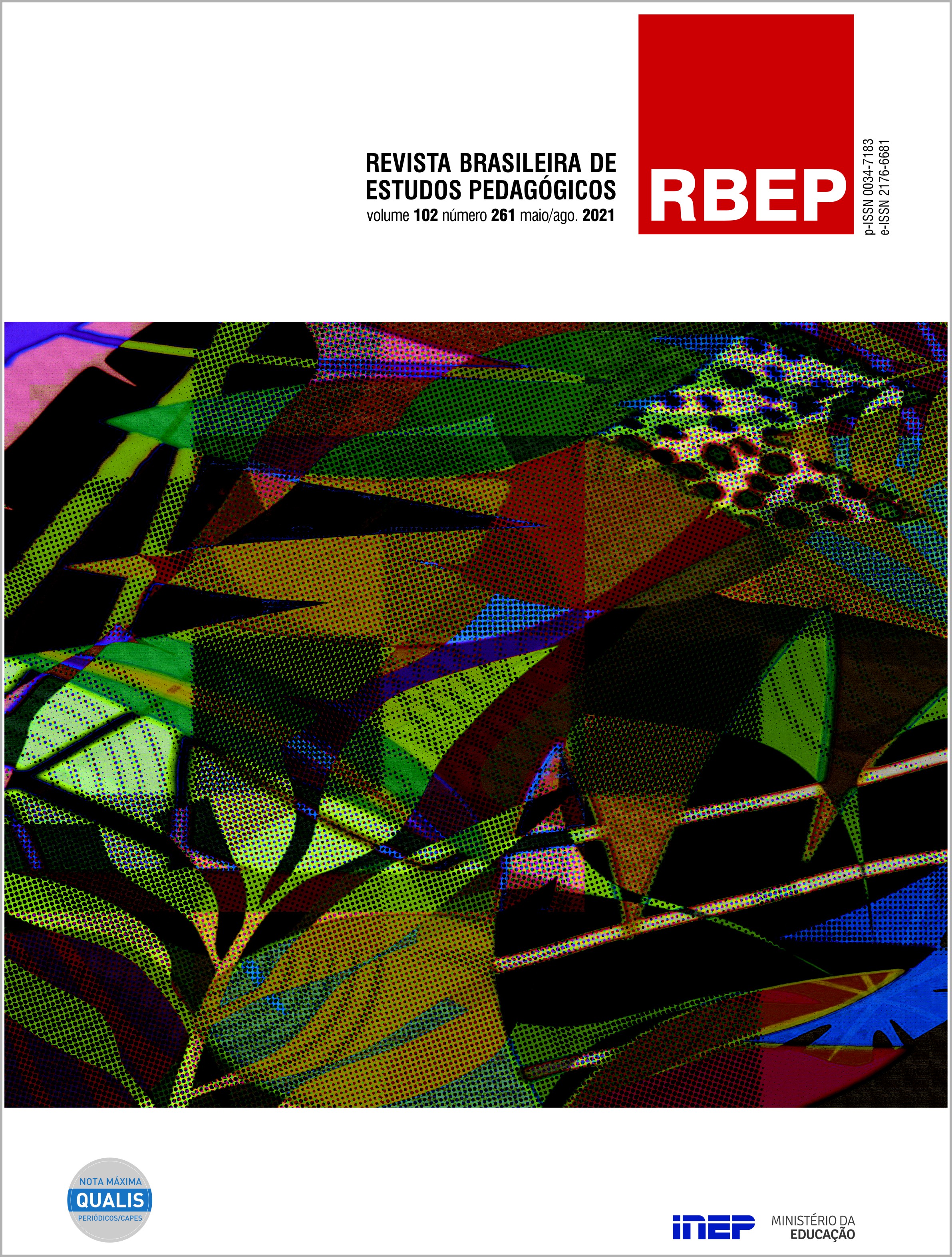Teaching Degree in Basic Intercultural Education": advancements, challenges and potentialities in the higher education of indigenous teachers
Abstract
In Brazil, since the Federal Constitution of 1988, indigenous and intercultural education have gained relevance in government agendas and have been raised to a greater role in higher education institutions. In the last two decades, in various public universities in the country, intercultural programs have been created for the training of indigenous teachers. This article with an interpretative analytical approach focuses on the teaching degree in the Basic Intercultural Education program at the Federal University of Rondônia (Unir), aiming to give visibility to the advancements, challenges and potentialities of the formation of indigenous people, in relation to the purpose of the intercultural proposal in Higher Education. Its relevance is in the fact that the higher education of indigenous teachers re-signifies a historical, political struggle and represents the resurgence of educational and cultural demands of these populations. This study is exploratory and its main input is bibliographic and documentary material. The primary sources were legislative and institutional documents, which were revised based on the concept of Critical Interculturality. Research revealed, at the institutional level, despite the social potentials and the advances that have been obtained until today, that there are still several flaws that hinder ways of proceeding and guaranteeing inclusion and democratization in Higher Education.
Downloads
Copyright (c) 2021 Brazilian Journal of Pedagogical Studies

This work is licensed under a Creative Commons Attribution 4.0 International License.
Once their work is accepted for publication, author’s copyrights are automatically relinquished to the National Institute for Educational Studies and Research Anísio Teixeira (Inep).
Since 2016, the journal Revista Brasileira de Estudos Pedagógicos (RBEP) uses the licence CC-BY.
Partial or total reproduction of the content of this Journal is permitted provided that the original publication is properly referenced, as well as a link to license CC BY 4.0 and to indicate any possible alterations made to the article.




















